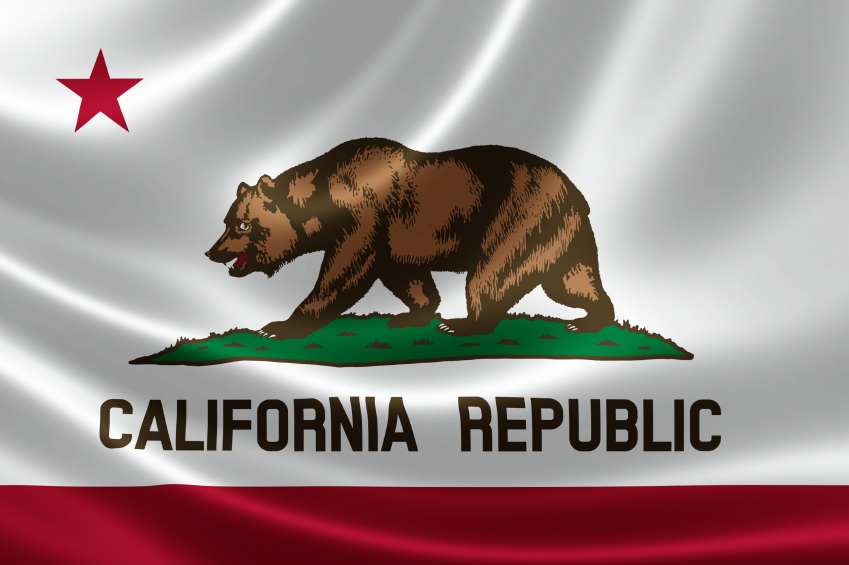California employers must comply with the federal Family and Medical Leave Act (FMLA) and the California Family Rights Act (CFRA) and, if there is a conflict, follow the law that is most beneficial to employees. This article provides tips on how to satisfy your medical certification obligations under those statutes.
 Use DFEH’s Medical Certification Form
Use DFEH’s Medical Certification Form
The U.S. Department of Labor (DOL) has posted model FMLA forms on its website, including WH-380-E, “Certification of Health Care Provider for Employee’s Serious Health Condition,” and WH-380-F, “Certification of Health Care Provider for Family Member’s Serious Health Condition.” The federal forms do not comply with the CFRA, however, because they ask employees to disclose their diagnoses and symptoms, and the California law expressly prohibits employers from asking employees for that information.
The California Department of Fair Employment and Housing (DFEH) has created its own model “Certification of Health Care Provider” form, which is available at https://www.dfeh.ca.gov/wp-content/uploads/sites/32/2017/12/CFRA-Certification-Health-Care-Provider_ENG.pdf. California employers should use the DFEH’s model certification form when an employee needs FMLA/CFRA leave for his own serious health condition or for the serious health condition of a family member.
Give Employees Sufficient Time to Return the Certification
You should request that an employee furnish a medical certification at the time she gives you notice of her need for FMLA/CFRA leave for her own serious health condition or to care for a family member with a serious health condition. It’s critical to remember that you must give an employee at least 15 calendar days to provide the certification after you request it. You are obliged to provide additional time if, despite her diligent, good-faith efforts, it isn’t possible for the employee to furnish the certification within that deadline.
Check your attendance and sick leave policies to ensure they don’t conflict with the FMLA or the CFRA. It’s fairly common for employers to adopt attendance and sick leave policies that require employees to promptly submit doctor’s notes if they are absent for more than three days because of an illness. However, such a policy runs afoul of the FMLA and the CFRA if the absence is due to an eligible employee’s serious health condition because employees have at least 15 days to submit a medical certification under both laws. One way to address this issue is to carve out an exception to the rule on promptly submitting doctor’s notes if the absence is covered by the FMLA or the CFRA.
Remember that absent extenuating circumstances (such as the unavailability of the healthcare provider), if the employee fails to timely return the requested medical certification, you may deny FMLA/CFRA protection for the leave following the expiration of the 15-day deadline until a sufficient certification is provided. At the time you request medical certification, you must also inform the employee of the anticipated consequences of his failure to provide adequate certification.
Know the Rules for Requesting Recertification
Under the FMLA, employers may request recertification of a medical condition every six months in connection with an employee’s absence and in other situations. However, the CFRA permits employers to require recertification only if the time period the healthcare provider originally estimated in the medical certification expires and the employee has requested additional leave. Accordingly, California employers must comply with more restrictive CFRA rules for recertification.
Be Careful about Contacting an Employee’s Healthcare Provider
If you don’t understand the handwriting on the medical certification or the meaning of a response, the FMLA permits you to contact the employee’s healthcare provider. However, those reasons for communicating with the healthcare provider aren’t permissible under the CFRA.
Under the CFRA, you may not contact an employee’s healthcare provider for any reason other than to authenticate a medical certification. That’s also permitted under the FMLA. Accordingly, California employers may give the healthcare provider a copy of the medical certification form and request verification that the information contained on it was completed and/or authorized by the healthcare provider who signed the document.
You may contact an employee’s healthcare provider only through another healthcare provider, an HR professional, a leave administrator, or a management official. Under no circumstances may the employee’s direct supervisor contact her healthcare provider.
Second Opinions May Be Requested only in Good Faith
Under the CFRA, an employer must have “a good[-]faith, objective reason” to doubt the validity of the medical certification an employee provides for his own serious health condition to require the employee to obtain the opinion of a second healthcare provider. Moreover, the employer must pay for the second opinion. The healthcare provider designated or approved by the employer to provide the second opinion may not be employed on a regular basis by the employer.
In contrast to the FMLA, the CFRA doesn’t permit an employer to obtain a second opinion regarding the validity of a medical certification for a family member’s serious health condition.
Pregnancy Disability Is Covered under FMLA but not CFRA
Under the FMLA, an expectant mother is entitled to FMLA leave for incapacity due to pregnancy, prenatal care, or her own serious health condition following the birth of the child. By contrast, disabilities related to pregnancy or childbirth and related medical conditions are not considered a serious health condition under the CFRA. In California, separate law provides for four months of job-protected pregnancy disability leave (PDL).
You may designate FMLA leave for an employee’s incapacity due to pregnancy, prenatal care, or her own serious health condition following the birth of the child as running concurrently with PDL. However, PDL may not be designated as CFRA leave.
At the end of an employee’s period of pregnancy disability or at the end of four months of PDL, whichever occurs first, an eligible employee may request up to 12 workweeks of CFRA leave for the birth of her child if the child has been born by that date.
Follow CFRA Rules for Return-to-Work Releases and FFD Exams
The CFRA draws a sharp distinction between a return-to-work release and a fitness-for-duty (FFD) exam. An employer may require employees returning from FMLA/CFRA leave for their own serious health conditions to obtain a release stating that they are able to resume work if the employer has a uniformly applied practice of requiring such releases from other employees returning to work after an illness, injury, or disability.
However, you may not require an employee to undergo an FFD examination as a condition of his return from leave. Instead, you must reinstate the employee following conclusion of FMLA/CFRA leave for his own serious health condition upon receiving any required return-to-work release. You are not entitled to a second opinion on the return-to-work release.
After an employee returns from FMLA/CFRA leave, you may require an FFD exam if it is job-related and consistent with business necessity as required by the Americans with Disabilities Act (ADA) and the California Fair Employment and Housing Act (FEHA).
Bottom Line
California employers are constantly challenged to navigate the overlapping and often contradictory requirements of the FMLA and the CFRA. These tips on FMLA and CFRA medical certifications are a good starting point for compliance. It’s helpful to remember that whenever you are faced with multiple employment law requirements, you should follow the law that’s most favorable to the employee.
Can’t get enough of California workplace policies, state-specific updates, and best practices? Attend: HR Comply California, in Los Angeles, CA on October 7-9, 2019. Cathleen Yonahara, Esq., Freeland Cooper & Foreman LLP will be presenting a session on the interaction between state and federal laws: On the Record: Inside Look at How the Latest California and Federal HR Laws, Court Rulings and Regulations Impact Recordkeeping and Workplace Policies. Click here to learn more, or to register today!
 Cathleen S. Yonahara is an attorney with Freeland Cooper & Foreman LLP in San Francisco. She can be reached at yonahara@freelandlaw.com. |
